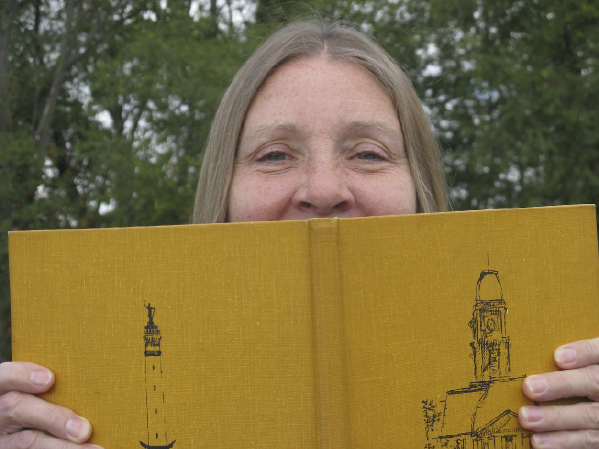The white heat of salesmanship

I didn’t intend to devote two columns to Col. R. C. Foland, but while I was researching his Polar Bear activities, I noticed his auctioneering career was pretty interesting, too.
He put as much energy into promoting auctions as THE way to sell real estate as he did in trying to recruit members for his Polar Bear club — but with more success.
In his day, Foland was kind of a rock star in the auction world, selling land in 87 of Indiana’s 92 counties, as well as 19 other states.
Before I get into that, though, I want to elaborate on what I said last week about the honorary title of “Colonel,” in case you aren’t any more familiar with that custom than I was.
According to the National Auctioneers Association, the tradition of calling auctioneers “Colonel” began during the Civil War when it was common for the commanding officer of a battalion — usually a Colonel — to regularly auction off whatever spoils of war and surplus items had been collected.
The association of Colonels with auctions led the public to refer to civilian auctioneers as “Colonels,” too.
Col. Roland C. Foland was born in 1881, either in Adams Township or Tipton. (Sources differ.)
In 1892, his father moved the family to Oklahoma where they participated in the land run that took place when Cheyenne and Arapaho lands were opened to white settlement. (Hmm. I wonder if that was the start of Foland’s interest in real estate.)
They returned to the Boxley area three years later.
Foland graduated from Boxley High School in 1903 and in the years immediately following, he taught school, married, and spent time at Purdue studying animal husbandry.
He also graduated from the Jones National School of Auctioneering and Oratory, the first school of its kind in this country. Successfully completing those studies established his right to be called “Colonel.”
His career as an auctioneer began in Ekin around 1906 when he sold his first piece of property, a horse, for $5. From 1913 on, however, he specialized in auctioning real estate.
Back then, selling real estate that way wasn’t commonly done in this part of the country, but Foland believed wholeheartedly in the auction method and did everything he could to promote it.
He certainly had a gift for publicity.
You can’t read through old Noblesville Daily Ledgers from the first half of the 20th century without running across ads for his Fo-Land Auction Company. Many include his slogan, “Auctioneering is the White Heat of Salesmanship.”
In 1919, he hired a plane to make an advertising tour of this area, traveling from Kokomo to Marion to Crawfordsville. Along the way, he stopped several times to deliver short lectures on the sale of real estate by auction. Whenever he passed over a town, he tossed literature detailing his upcoming sales out of the plane.
The highlight of his flight was the auction of a 96-acre farm southeast of Noblesville. According to the Ledger, the event was witnessed by the “first crowd to be attracted to a land sale by the flight of an airplane in Indiana and probably in the United States . . .”
Foland was also enthusiastic about educating others on his favorite subject.
In 1921 he wrote a book, “Foland’s Plan of Real Estate Auctioneering and Side Lights on the Auction Method of Selling Real Estate,” and for many years he conducted a school for auctioneers, training the participants in various aspects of salesmanship.
It didn’t bother him that he was turning out competition. He felt having people conduct auctions properly benefitted the profession as a whole and viewed those who completed his courses as co-workers rather than competitors.
Wow. Imagine the world if everyone had a similar mindset.
Paula Dunn’s From Time to Thyme column appears on Wednesdays in The Times. Contact her at younggardenerfriend@gmail.com
